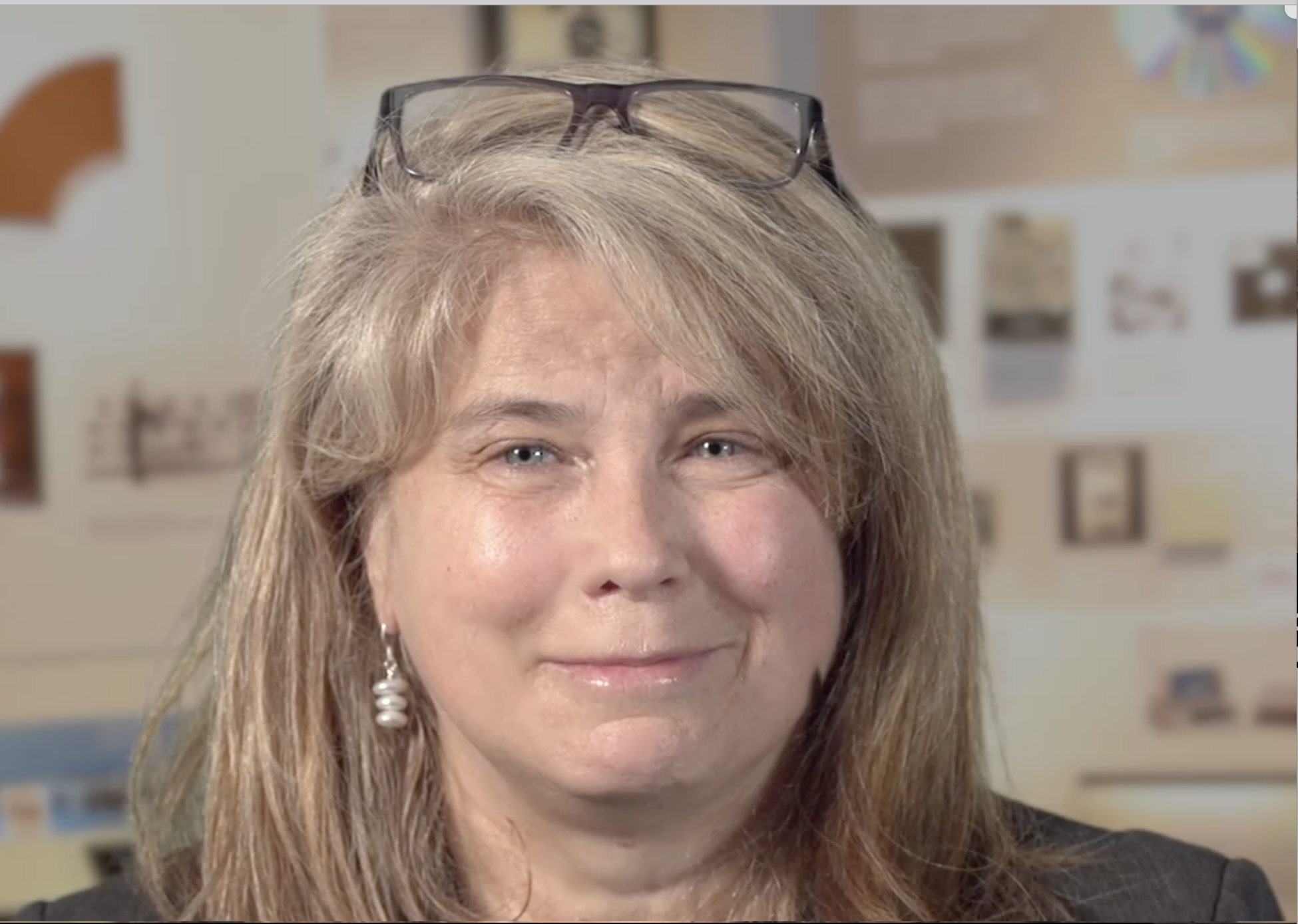
Dr. C. Mason

A computer scientist, AI researcher and psychophysiologist, Dr. Mason's research interests span a broad area of AI and other forms of computing, some inspired by compassion science and cross cultural systems of medicine. While working on AI at places like Stanford University and U.C. Berkeley she took a deep dive into compassion science, a new field emerging from discoveries across a wide area of medical science research. As a trained compassion therapist, she worked with people experiencing challenging and life threatening illnesses at hospitals and clinics near the Berkeley and Stanford campus. The results were so remarkable, and the science so compelling, the experiences drove her to bring these medical discoveries back to AI, creating the new field of Artificial Compassion.
Her AI research has primarily centered on software agent systems and the development of software agent languages for cooperative, distributed systems, representing emotion and mental state and for hybrid AI systems. She is known for pioneering the idea of compassionate intelligence as an important design element in a co-evolving future with technology, as a means of advancing human potential and achieving new goals in AGI. Her pioneering work on Artificial Compassion, or AC, (so named by friend Whit Diffie) draws on applying recent medical discoveries around positive psychology to technology design for AI and other kinds of systems, as described in her text on Designing Artificial Compassion (appearing soon). She has applied AC to architectural design and software agents, and believes the body's natural bioplasticity (now documented to occur in the heart, brain, metabolism, immune system and more) compels us to see that the ideas of positive psychology are essential for cyber environments, especially those where we are immersed, e.g., video games, virtual reality, robotic companions and more.
Guided by medical science discoveries on compassion and an engineering discipline, her unique vision to blend compassion science and AI in the design of cyber worlds we are creating is one path to ensure ours is a future where intelligence is not just artificial, but supports our human potential. She believes, in addition to the pragmatics of building an AI future, the advances in medical research tell us it is time to design machines (algorithms) that care about us, too.